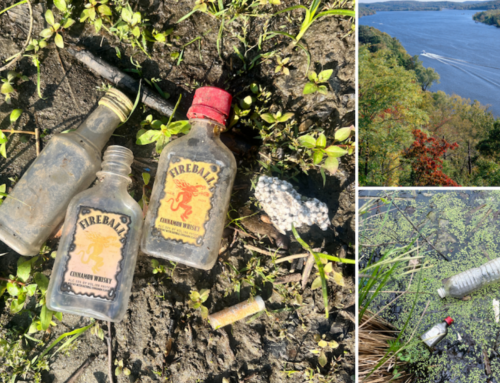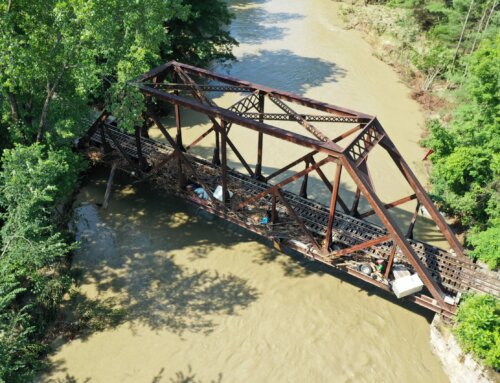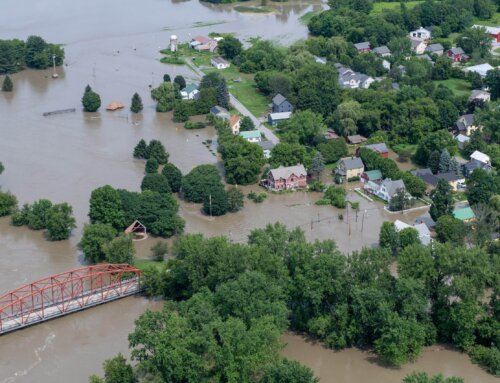Since 2010 government fails to stop 330+ violations of federal permit self-reported by Chang Farms
Greenfield, MA — The Connecticut River Watershed Council has taken action to stop the long-running and illegal discharges of pollution into the Connecticut River by the Whately-based Chang Farms. Over the last five years, Chang Farms has violated the terms of their federal pollution discharge permit in 55 of the last 60 months, or 92% of the time, by discharging more pollutants than is allowed by law. They have violated permit limits for four separate pollutants more than 330 times. The exceedances range from twice to more than 2,000 times the legal limits for particular pollutants. They have also failed the toxicity test of their effluent discharge 30% of the time.
“When there is illegal pollution discharging to the public’s waters and government has not taken action to fix the problem, federal law lays out a very clear role for citizens to act,” noted Andrew Fisk, Executive Director of the Connecticut River Watershed Council. “We are frustrated that this problem has continued month after month, year after year, and government agencies have failed to act. Since they haven’t, we will. Our action has put the Chang Farm and the federal government on notice that if there is not a resolution soon, we will go to federal court and ask a judge to fix this problem.” CRC is represented in this matter by Earthrise Law Center (https://law.lclark.edu/centers/earthrise/).
Following years of illegal and unpermitted discharges to Sugarloaf Brook, a small tributary to the Connecticut River, in 2006 Chang Farms was required to pipe waste out to the Connecticut River, and install and operate pollution control equipment according to the requirements of a federal discharge permit issued by the U.S. Environmental Protection Agency. Since 2010, according to reports signed and submitted by Chang Farms, the facility has documented routine violations of their permit. The violations are exceedances of pollutants including pH, biological oxygen demand, total suspended solids, flow, and fecal or E. coli bacteria.
“We appreciate that this is a local farming operation. But you can’t ignore reasonable limits designed to protect the public’s water. The Connecticut River is a national treasure and this section of river is used by thousands of people for swimming, boating/paddling, fishing, and diving every year. Everybody has to play by the rules so there is a level playing field and a clean environment,” noted Andrea Donlon, River Steward with the Connecticut River Watershed Council.
Chang Farms in Whately, MA grows organic beans, vegetables, and berries. They process bean sprouts for sale at the wholesale and retail markets. They are among the largest distributors of bean sprouts in the northeast where their facility processes and ships hundreds of thousands of mung and soy sprouts weekly. They also produce and sell a line of natural food products. The family operation also owns Amherst Chinese Restaurant. The farm has been in operation since 1976 and has been a leader in adopting organic and herbicide free farming practices.
The Connecticut River Watershed Council works to protect the watershed from source to sea. As stewards of this heritage, we celebrate our four-state treasure and collaborate, educate, organize, restore and intervene to preserve its health for generations to come. Our work informs our vision of economic and ecological abundance. To learn more about CRC, or to join the effort and help protect our rivers, visit ctriver.org or call 413-772-2020, ext. 201.
The full Notice of Intent to file suit for violations of the Federal Clean Water Act is available here: http://ctriver.org/crwc-notice-of-intent-to-file-suit-for-clean-water-act-violations-chang-farms-whately-ma/
# # #







